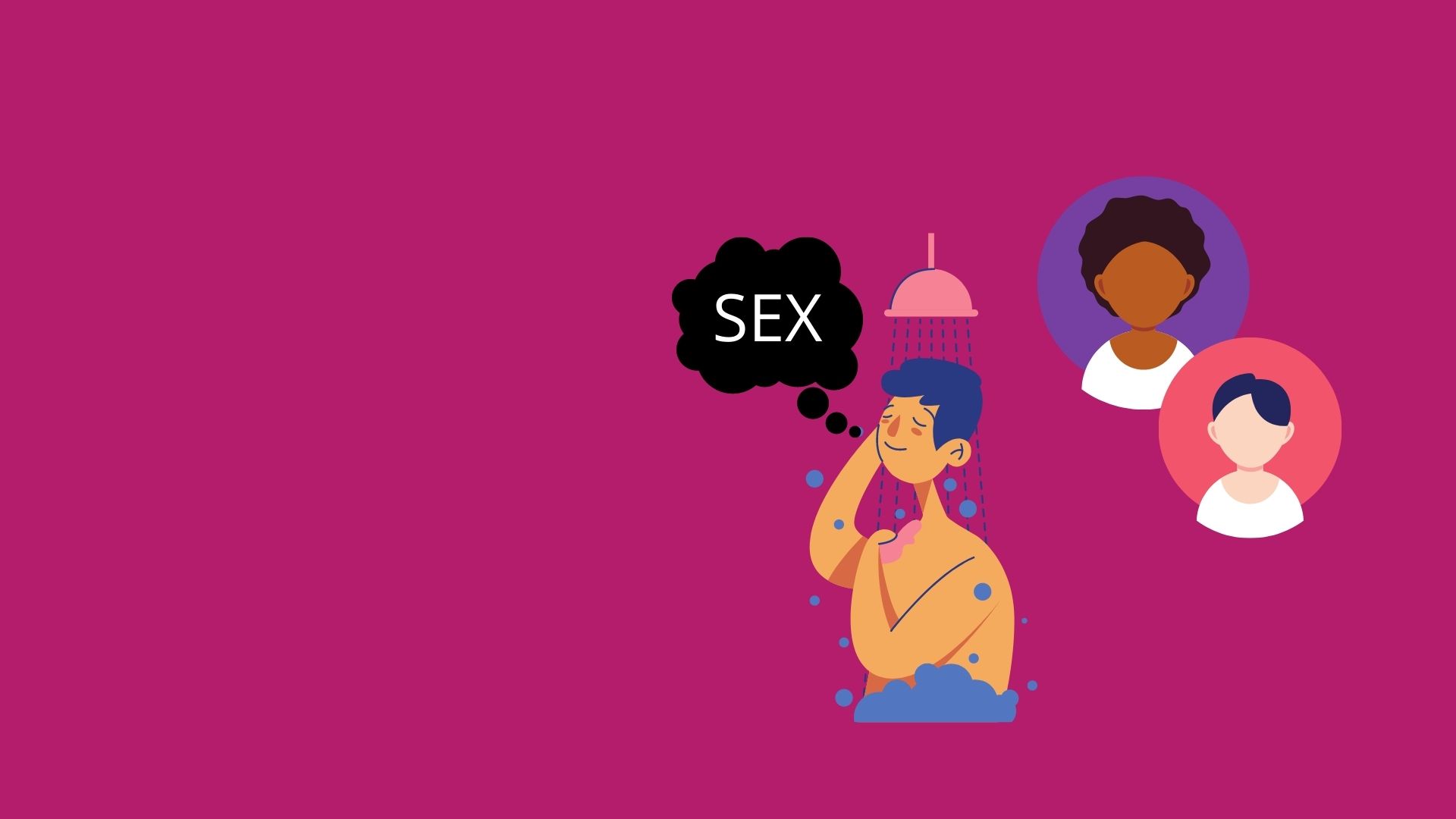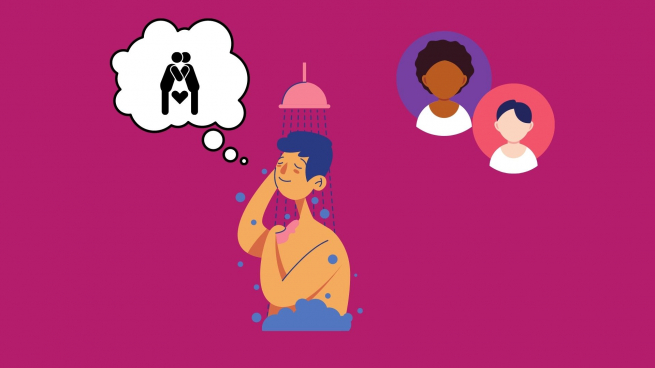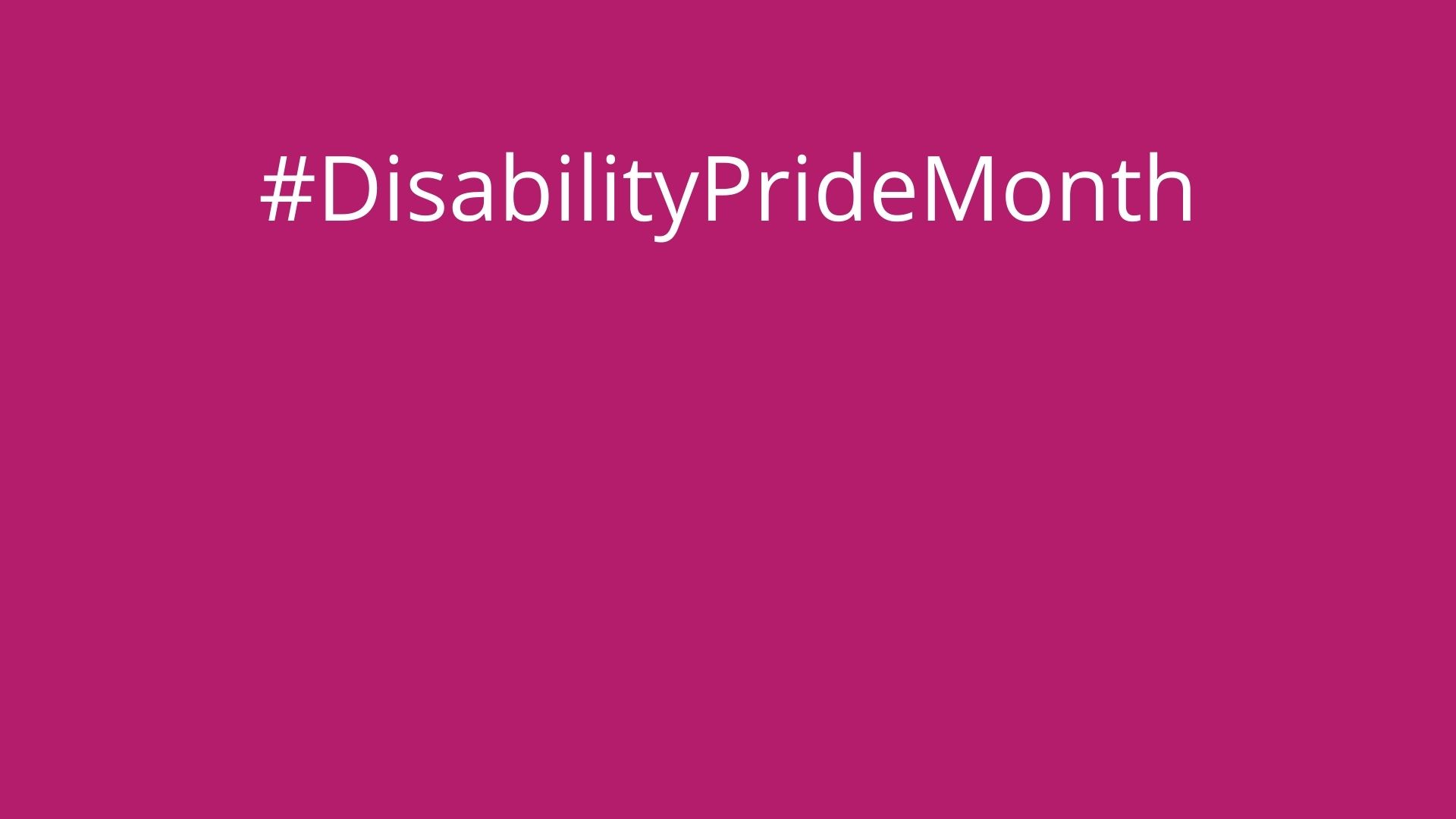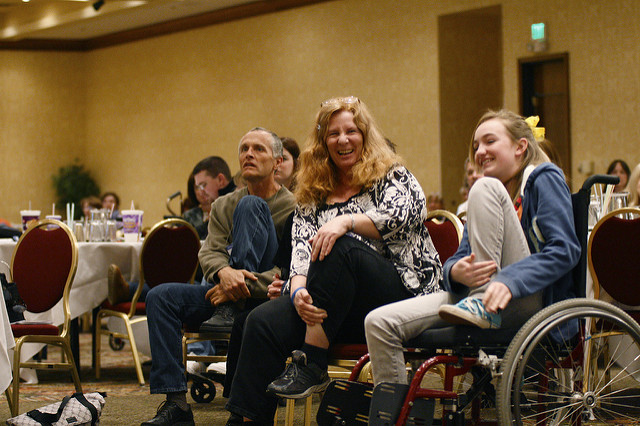
The Question
Hello
I have been looking at your website as I knew about your work on sex and disability from one of your trainers. I am seeking to signpost a young autistic woman with moderate learning difficulties who wishes to become pregnant via donor and raise a child. She also would like support regarding her sexuality; her GP has not been supportive, and I wondered if you knew of any services which would help?
She has a very supportive mother who would help her to access support.
Many thanks
Liza
Our Answer
I have liaised with one of our team who also identifies as Neuroqueer and they were not surprised that the GP was not more supportive. GPs can be really shocking when it comes to information for ADHD people, and they have had a lot of bad experiences with some.
So, I have also researched some support groups which I hope will be useful for the young woman you’re helping. Unfortunately, neither of us were able to find a specific group regarding the issue of seeking a sperm donor whilst being autistic herself. All I can suggest would be to approach a donor organisation and see if they have any tips/experience they can share.
Below are a few groups where she, or her Mum, can seek support from its staff or members who may be able to share experiences of being autistic and raising a child.
Support Services
This is the UK’s leading Neurodiversity charity. I’m sure they will have a wealth of knowledge and may be able to signpost you to more relevant groups on this topic.
https://www.adhdfoundation.org.uk/about-us/
Closer to her home I have found this therapy centre
A.S.P.E.C.S UK Autism LGBTQ+ Community. This support group may be valuable in the area of seeking help from anyone with personal experience of donor pregnancies. They are based up north but are looking to provide community meetings online around the country. Perhaps a call to them could be fruitful?!
https://www.facebook.com/groups/53253797142/?fref=ts
They offer peer support for people who identify as neurodiverse and queer.
https://www.facebook.com/groups/NQsupportnetwork
And finally, I found a support group in Brighton. The Ledward Centre opened in May 2022 to serve and support the Brighton LGBTQ+ community. They have started a new series of monthly meetups organised by a team of regular volunteers, who have lived experience of various conditions under the neurodivergent umbrella.
https://www.facebook.com/theledwardcentre/
Message ellis.thistle@ledcen.org.uk with any questions
I really hope some of these services can help this young woman; talking to peers who may share their own experiences can be invaluable and often better than mainstream support services (as she has found out!). Someone in these groups might be able to signpost her to more specific services regarding the pregnancy and donor element.
Good luck and let us know if you find a great group we should know about!
Zoe (and Caroline)
Contact Us
Everyone who writes into our Love Lounge receives an email with a private answer to their question. We then anonymise the Q&A and share them here on our website to help others who may be struggling with the same concern. Get in touch if you’d like some advice.
Keep up to date with all our Love Lounge articles by following us on Instagram @UndressingDisability or on twitter @ETUKUndressing.
#UndressingDisability











